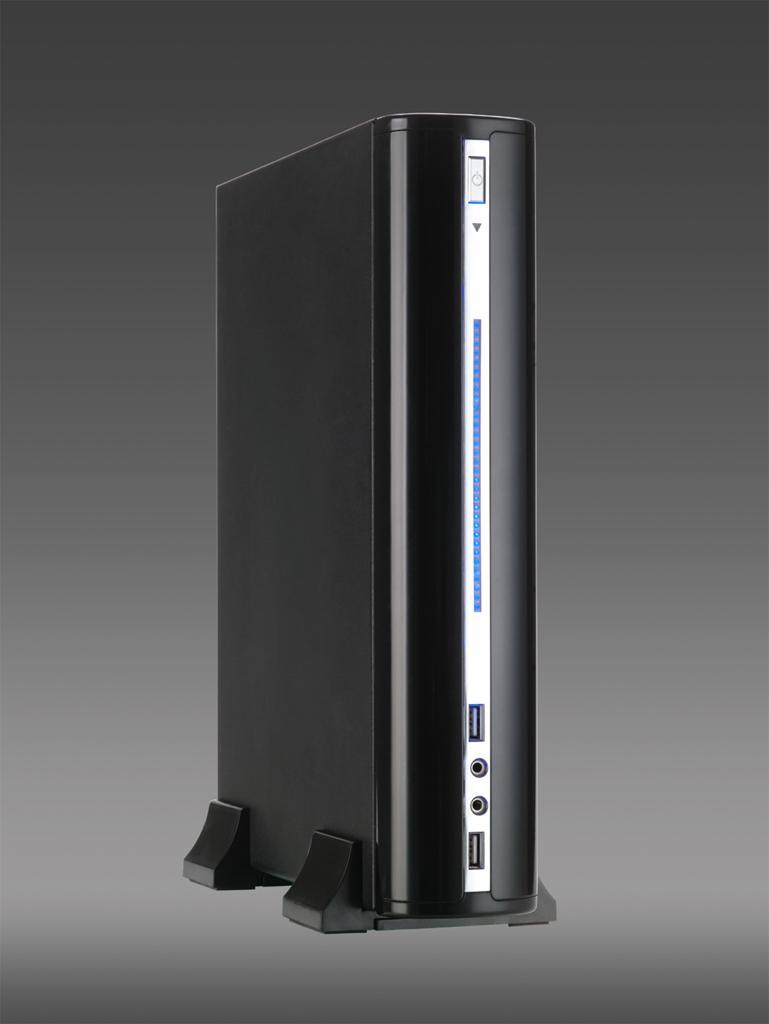


Whenever I have come across a great sounding music server, it is the result of an audiophile/scientist/engineer who for whatever reason-putting aside the obvious massive practical advantage of using files versus disks-came to the conclusion that they can create, or have already created, a device that betters a transport in sound quality and at a lower price, and that using an outstanding power supply is a necessary part of the creation. They even keep the Mac Mini under warranty for you (Apple won’t of course honor their own warranty after the surgery).
Unibody mac mini power supply upgrade#
A standard upgrade (as a kit for about $1500) consists of the surgery for the Mac Mini, the Joule III, software optimization, and internal filters. (He is a hands-on engineer of the highest order.) You can either send Mojo Audio your own Mac Mini and they will upgrade it accordingly, or buy a new one from them already upgraded. A Mac Mini was right there on the display table to reveal exactly what the surgical procedure was, as was the Joule III by its side, and he answered every question I asked with impressive knowledge and confidence. I was quite taken by his down-to-earth simple approach of using a Mac Mini as music server by upgrading it: mainly replacing its own internal power supply with a very high-grade external one (the Joule III it currently retails at $999.95) so as to improve the sound quality. His small display table had everything right there to see as he carefully and patiently explained what it is that he does besides making cables. I quizzed Zwickel extensively to find out how this could be. Having witnessed many rooms at this show with systems that easily retailed upwards of $100,000, and were playing 24/192 files, and/or DSD, and bragging about it, this was a breath of fresh air. Moreover, all his files for play were ripped CDs, so the resolution was at only 16/44.1. The speakers were less than $1000 for the pair ‘who needs fancy cabinetry anyhow’ seemed to be his attitude. I merely saw a Mac Mini computer as server connected to a reasonably priced DAC (made by Mojo Audio, it turned out) plugged directly into a vintage pair of upgraded/modified Allen 75 organ amps and Zwickel’s DIY floor standers. I looked around for fancy equipment there was none. Even people who are obsessed with vinyl might easily believe that they were listening to just that but all was digital. What I saw and heard both confused and impressed me: Mojo Audio’s room was by far one of the least expensive and most minimal set ups at the show, yet sounded wonderful. I was introduced to Benjamin Zwickel, owner of Mojo Audio, now based in Albuquerque, New Mexico, and he invited me to a private listening of his show room, along with Audiophilia Publisher Anthony Kershaw and his lovely wife Jan. So, when I found myself at the Rocky Mountain Audio Fest (RMAF) 2013 in Denver, Colorado, in October, I didn’t have any preconceived notions about what to expect. Although I vaguely knew that Mojo Audio had a reputation for making high-quality reasonably priced power cables and interconnects, I admittedly did not know much about them nor what else they were known for.


 0 kommentar(er)
0 kommentar(er)
